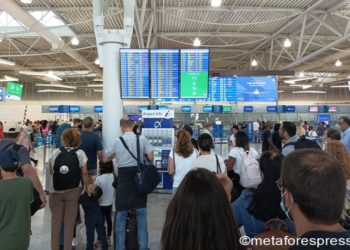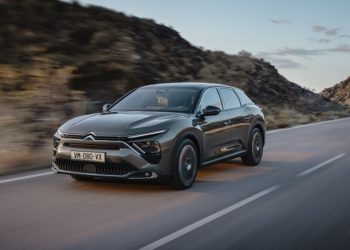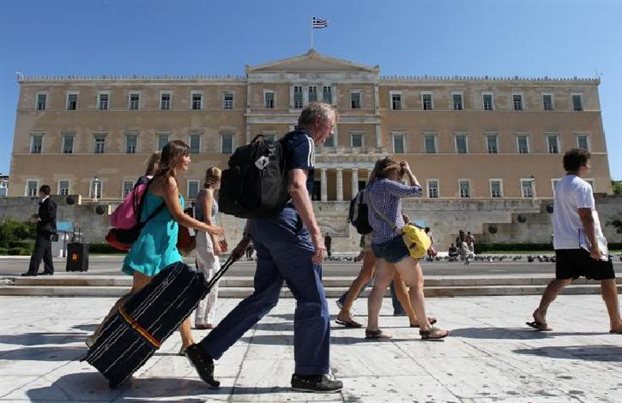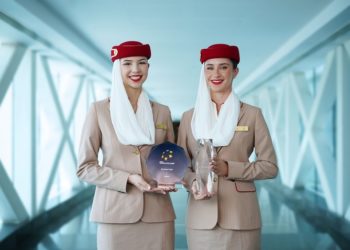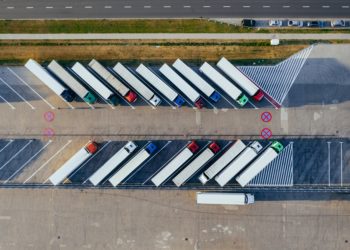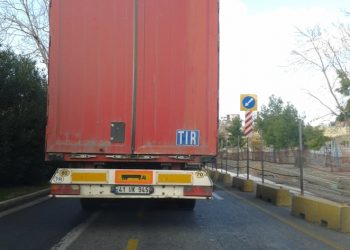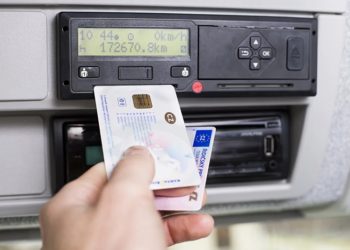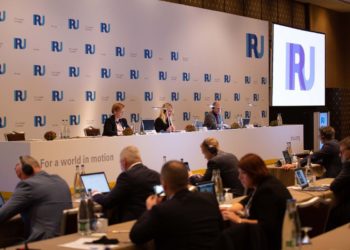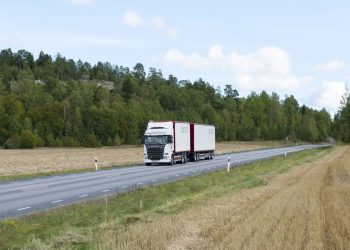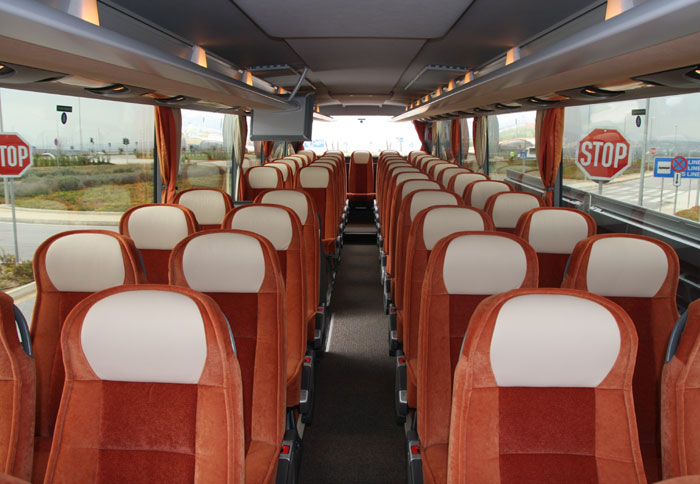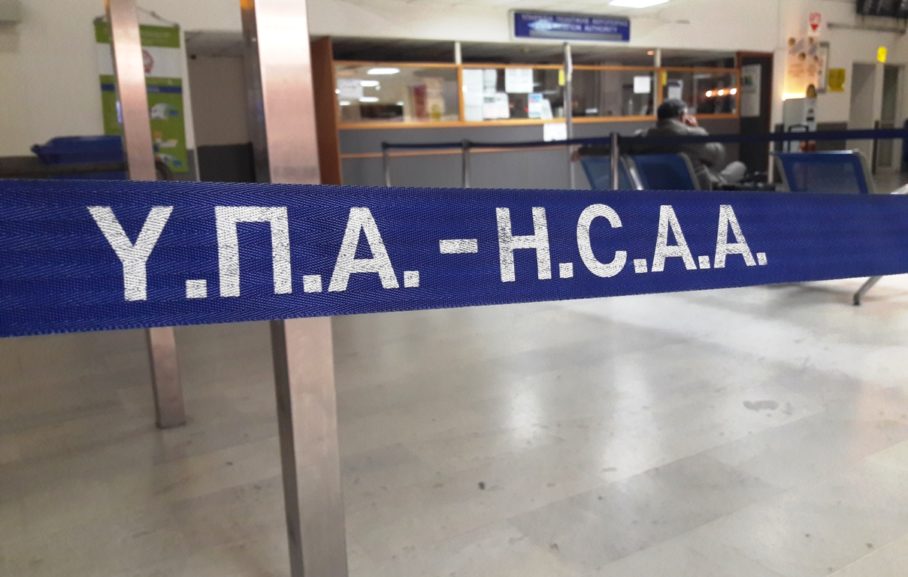IRU has assessed the effectiveness and cost of three scenarios for commercial road transport to be carbon neutral by 2050 in Europe. A parallel focus on both efficiency measures and alternative fuels is less disruptive and less costly.
With transport decarbonisation on the agenda today at COP28, IRU, the world road transport organisation, announces a major new research project to assess the most productive, least disruptive and most cost-effective way for the commercial road transport sector – truck, bus and coach services – to reach carbon neutrality by 2050.
The research, part of IRU’s Green Compact, shows that focusing on both energy efficiency and alternative fuels will cut 11% more CO2 emissions to 2050 compared to electrification- and hydrogen-focused scenarios.
The plan also allows more future road transport demand to be served (10% more goods transport and 75% more passenger mobility) to support economic growth and social inclusion, and can be delivered at an overall 19% lower cost to public and private sectors in comparison to other scenarios.
IRU Secretary General Umberto de Pretto said, “This groundbreaking research, the first looking at truck, bus and coach services across an entire continent, has shed new light on the best way for the industry to become carbon neutral by 2050.
“Road transport operators know how to run efficient and sustainable operations – their businesses depend on it. This new research demonstrates the power of combining energy efficiency and a more sustainable approach on alternative fuels.”
“This ‘duplex’ plan delivers a zero-emission industry, but will cost governments and business less, and allows more future transport growth to support economic and social prosperity,” he added.
Part of IRU’s Green Compact, an industry-wide commitment and roadmap to reduce CO2 emissions to meet national and global targets, the research assessed three scenarios across 38 European countries.
Based on achieving existing EU targets (55% less CO2 by 2030; 100% by 2050), the scenarios were focused on electrification, hydrogen and efficiency. Removing one kilogram of CO2 equivalent with this ‘duplex’ plan will cost €1.06, compared to €1.28 with a heavier focus on electrification and €1.41 with a hydrogen-led plan.
Energy efficiency has been high on the COP28 agenda, notably with the Global Renewables and Energy Efficiency Pledge signed by over 120 countries that includes a 2030 target to double global energy efficiency improvements. IRU’s research echoes this pledge in recognising the crucial importance of accelerating energy efficiency measures now to decarbonise commercial road transport.
Umberto de Pretto concluded, “Countries have vastly different transport, energy and development patterns. There is no one single solution to decarbonise transport.
“With a flexible framework, the IRU Green Compact is an evidence-based approach encouraging the commercial road transport sector – and governments, suppliers and users – to work together to test, share and scale up solutions to deliver on our net-zero commitment. This research gives us the best roadmap to do this.”
(IRU)

